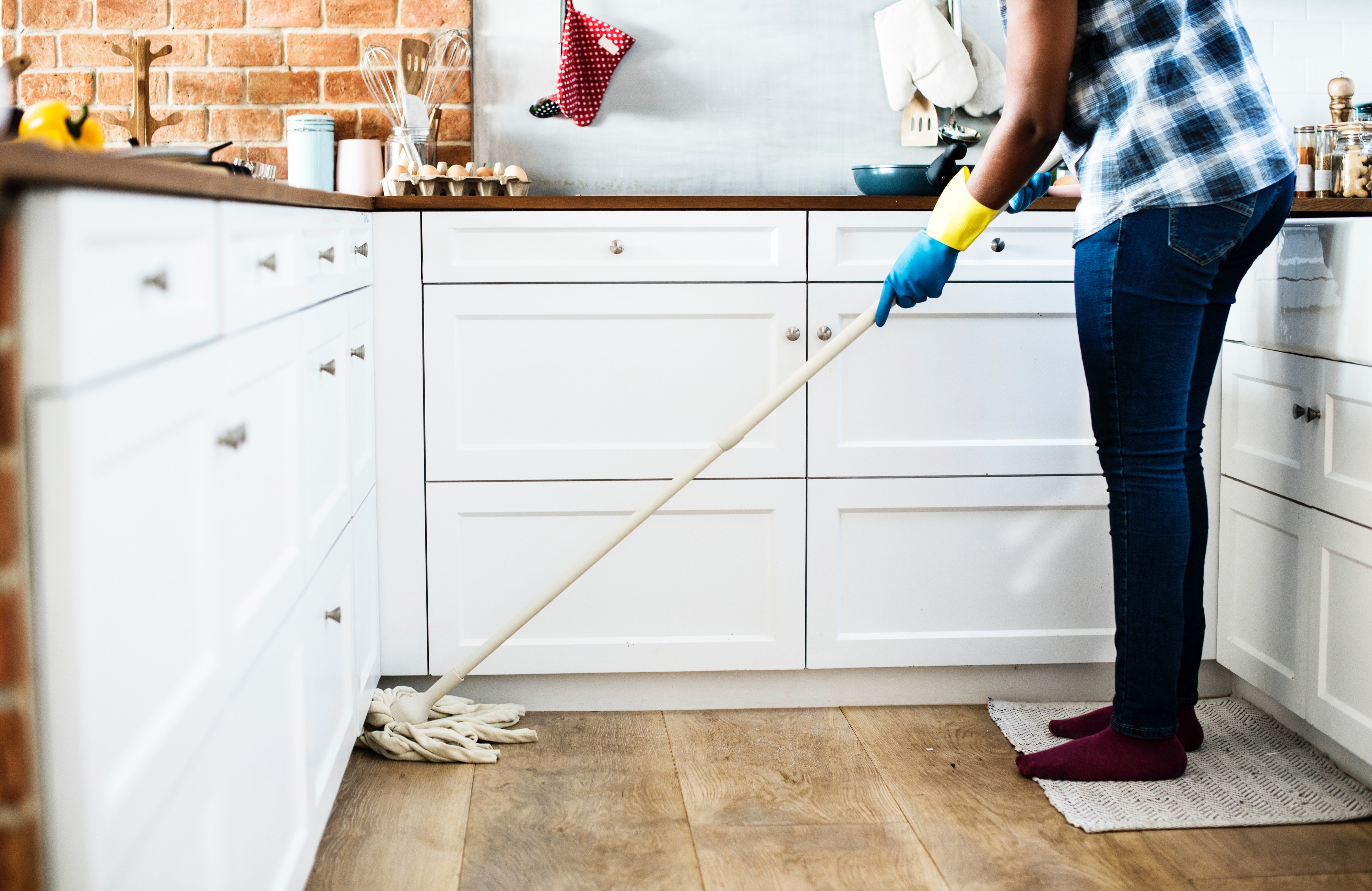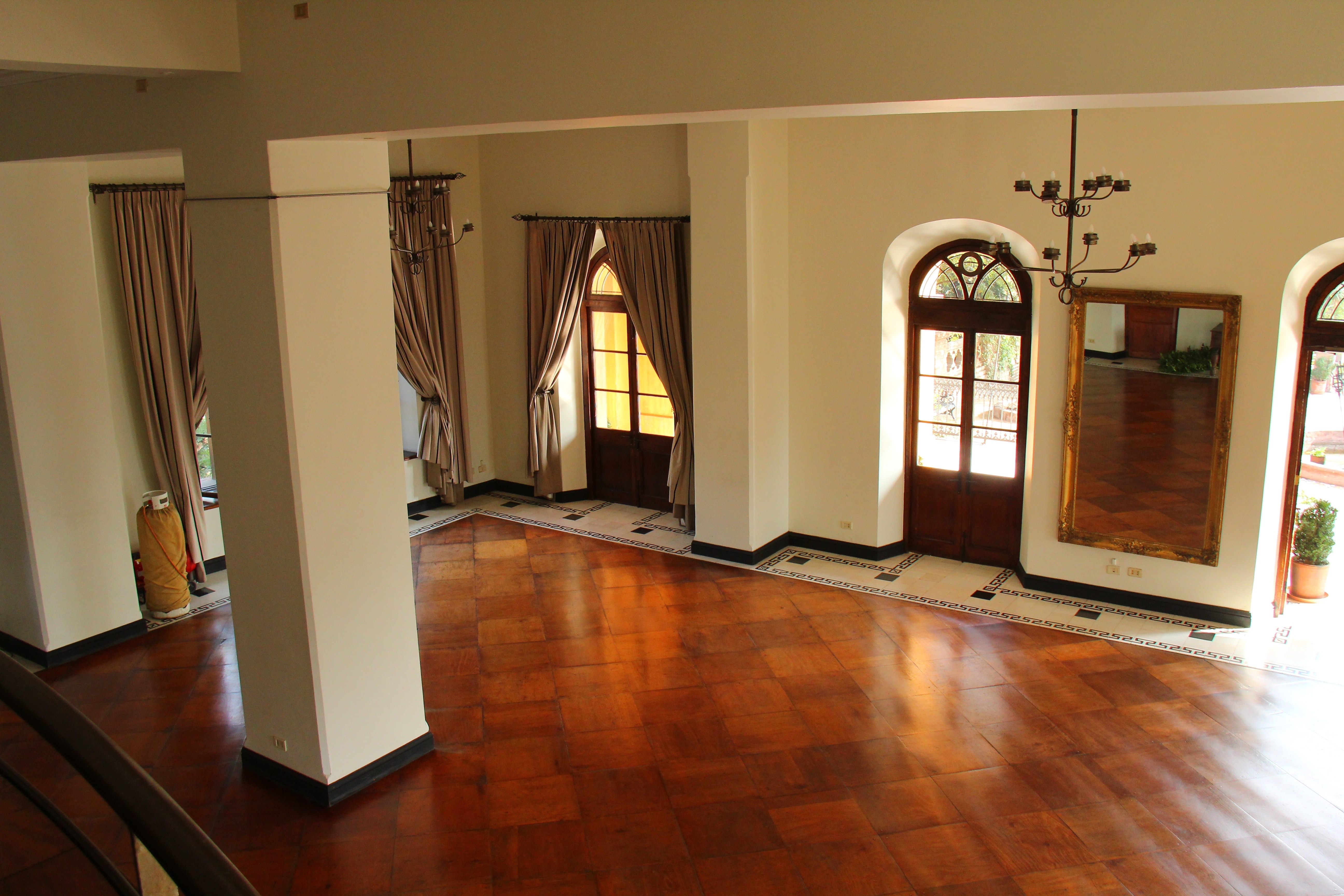Making The Best Choice For Your Situation
It’s a tough question: should you rent a home, or should you buy a home? Which is best for you specifically? It will depend on a few factors. In this writing we’ll briefly go over what you need to consider regarding rental and home ownership opportunities to determine what your best possible choice will be.
Time Costs
Renting or owning costs money. Owning builds equity, rental does not. However, you can drop a rental like it bit you if you need to. Granted, it’s not always wise to do this, but landlords will rent to those with bad credit or no credit history if said rental candidates can prove their revenue stream and seem collected enough.
Certainly this depends on the landlord and the rental community, but the point is, you can get right out of a bad rental situation and into one more amenable. If you own the property, then you’re sort of manacled to it. You’ve got to sell it if you want to relinquish responsibility, and until that time you’ll be liable for associated property taxes.
Still, homes build equity whereas apartments don’t. So your first consideration when it comes to rental or property purchase will be time. How long do you intend on being in the area in which you presently reside? If you’re going to be there ten years or more, the home route is recommendable for reasons of building equity.
Think about it critically: say you’re paying $800 a month on a mortgage (instead of rental) for ten years. That’s $96,000 in potential equity. You might not see all of it if you “short sell” the property, but you’ll definitely see a few thousand of it. Pay $800 a month for ten years at an apartment, and you’re lucky to get your deposit back—that money is gone, baby.
Collateral Home Costs
But here’s the other thing about owning a home: you’ve got to put money down, usually not less than $5k; depending on the property and the situation. Presently in Detroit there are entire homes you can buy for $5k; they’re just located in the worst part of Detroit, and such homes are probably falling apart—still, buying one and sitting on it a year is cheaper than rent; some people are doing that.
That’s another consideration you definitely want to make: is the neighborhood of the property you buy in decline or advancement? If it’s on the way out, then equity will reduce. If it’s on the way up, equity will expand. Either way you’ll be paying taxes and associated HOA fees in addition to mortgage and maintenance; unless you can just buy the house outright, which very few people can.
Something else to consider are rent-to-own situations. There are sometimes situations where you can rent your way to being your own landlord. This is more likely to be available in smaller communities where a particular landlord owns some “cottage”-type properties.
As you go about finding rental options, you want to find a broad swathe of available possibilities. You want to find nodal points of properties based on your location—sort of like these units available to rent in McKinney, TX. Use online means, use print sources, and figure out what the community buzz is on certain units.
The Bigger Picture
There are always situations where rental is superior to ownership. There are also always situations where ownership is superior to rental. So you’ve got to know how long you’ll be in a place, what your budget is, and what’s available. These three points will help you narrow down your options. Especially if you can “own” for near rental prices, this is considerable.
You might secure a loan for the down payment, then pay that and the mortgage off incrementally. However, you’re going to need a regular revenue stream to make that work. Ideally, you shouldn’t be thinking about a mortgage unless you’re regularly pulling down about $3k a month. This will differ per state. In Ohio, you’re looking at something like $38k a year.
In California, if you want to own a home, you want to pull in $120k+ a year. These are sort of the “middle class” income numbers of these states. If you’re under them, property ownership is going to be very difficult for a long time, and the opportunities you have to build equity likely won’t represent the best investments.
However, since everybody’s personal situation is different, get clear consultation. Ask friends, family members, and coworkers familiar with yours what they think about the opportunities open to you, and your present financial profile.





